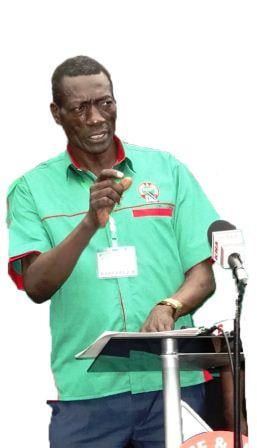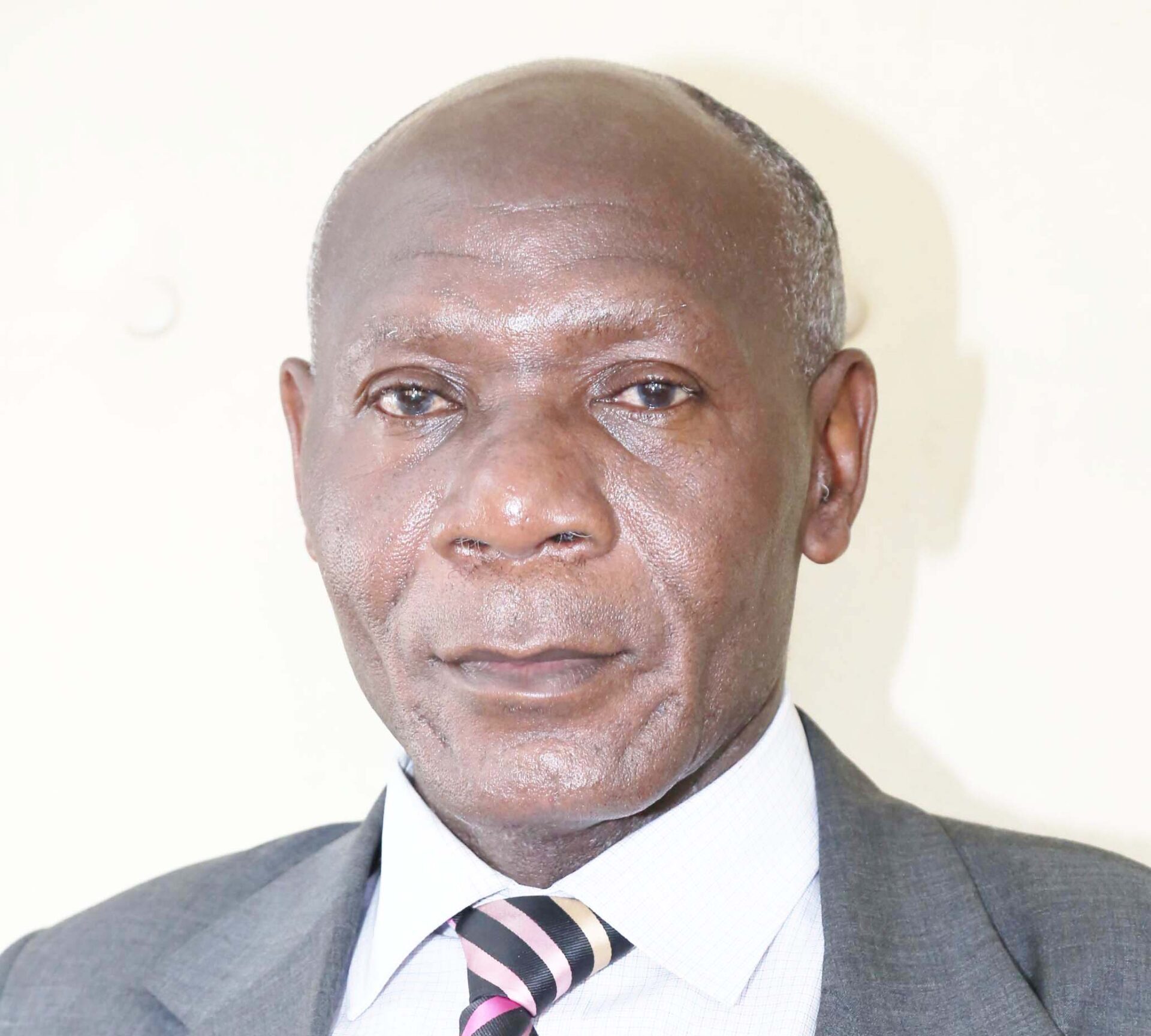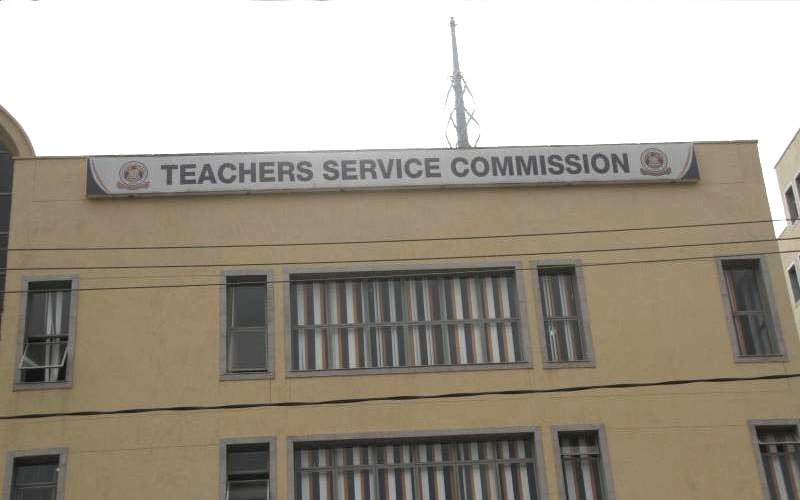By Collins Oyuu
Every organization uses performance management. In the education sector, learners’ performance happens to be the most outstanding tenet used by stakeholders to measure teachers’ ability.
The problem is that most education stakeholders only address teachers’ performance at the tail end of the learning process with either good or bad results at hand instead of creating an environment that motivates and involves teachers to do outstanding work.
Teachers are lauded when learners excel just as they are blamed when performance is low and unsatisfactory.
There is need to establish a performance monitoring structure in which parents have a clear role to play so that both blames and praises are shared among all players in equal measures. It is only then that this bad and retrogressive traditional behavior will be done away with.
Most parents forget that the very purpose of monitoring the performance of teachers is to prevent serious problems and promote positive, cohesive, embracive workforce behaviors that drive productivity and success.
We have noted that in the process of localizing head teachers after the repeal of the unpopular delocalization policy, some communities ganging up to block and deny the teachers their landing rights. Purported reasons for the rejection are; inability to perform well, poor management skills and bad track records.
Such behaviors are unfortunate, demeaning and selfish.
Communities should realize that attaining good results and proper management of learning institutions needs the involvement of teachers, learners and parents. Research has revealed that most often the ring-leaders of these heinous acts are just a few uncooperative parents.
Some of the critical questions these parents should be asked are:
At what point do they realize the trajectory towards bad performance? Do they have a structured platform to address foreseeable challenges in performance? In the course of learning within a prescribed timeframe, do they ever interact with their own children? Do they interact with their children’s teachers? What do they discuss when the above platforms are availed to them?
You realize henceforth that the unfortunate actions of demonstrations, lock-out and harassment of teachers by the parents for alleged poor performance and bad administrative management is an expression that is unfounded, unnecessary and retrogressive.
Parents should therefore be part of the good results they are yearning for. Parents Associations should engage the parents and educate them on their roles and responsibilities.
There are 39,364 public and private primary schools in Kenya and 10,487 public and private secondary schools. To be more specific, there are 31,218 public primary schools and 8,933 public secondary schools. This gives a total of 40,151 public schools from which one representative is elected to the parents association which gradually runs from the grassroots to the national level. This is a very huge number with a much enhanced network that could be put into good use in terms of capacity building.
The Basic Education Act 2013 provides for minimum qualification for members of boards of management for primary and secondary schools, a clear demonstration that the drafters of the act had thought of having men and women with capacity to address education matters through a clear thought process and provide dependable solutions to the same.
The question of lack of capacity therefore doesn’t suffice. The parent associations have the capacity to control the emotions we are witnessing around performance and management. There is need to facilitate parents associations in order to make them have capacity to perform duties bestowed on them constitutionally. The facilitation should get in through trainings, benchmarking and other exposures that will help broaden the ability to participate in management of education.
Teachers inciting communities against their colleagues should stop such behaviours. Teachers must be united and guard themselves against aggression from communities by working well with them.
The Ministry of Education and the Teachers Service Commission should be very careful when handling school management leaderships, transfers, Delocalization and Localization of teachers. This should be done in a way that is consultative so that it doesn’t boomerang on them. If handled carelessly, we are likely to see and hear more of these unfortunate events.
The nation should focus on the anticipated review in the education sector towards producing competitive graduates prepared for qualitative world markets now that there is general gravitation of the world towards technology.
The writer is the Secretary General of KNUT.






